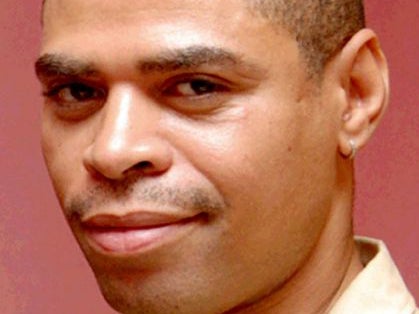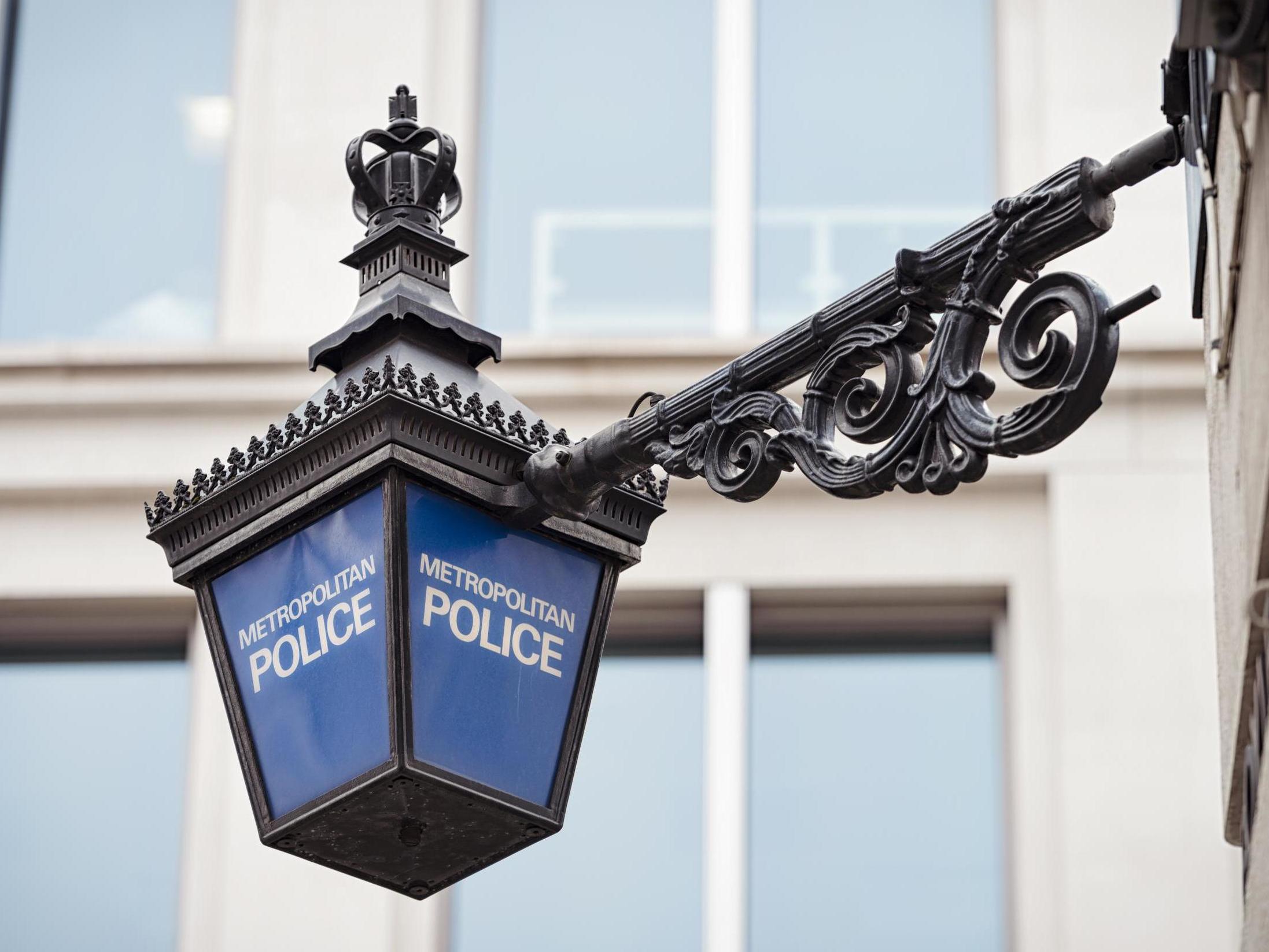Sean Rigg: Five police officers cleared of misconduct over death of musician in custody
Family criticises ‘totally unacceptable’ delays in the decade-long case

Five Metropolitan Police officers have been cleared of misconduct over the arrest and detention of musician Sean Rigg who died in custody in 2008.
Police Constables Andrew Birks, Richard Glasson, Matthew Forward, Mark Harratt and Sergeant Paul White all faced Metropolitan Police disciplinary proceedings more than a decade after the 40-year-old died.
On Friday, chairman of the hearing panel Commander Julian Bennett said: “The decision of the panel is that none of the allegations are proved.”
The musician, who had paranoid schizophrenia, died at Brixton police station in August 2008, and it was four years before the full inquest into his death took place, with jurors finding “unsuitable” force was used.
It was another four years before prosecutors finally confirmed that no criminal charges would be brought over his death, bar one count of perjury against Mr White, who was later cleared.
Police watchdog the Independent Police Complaints Commission (IPCC), replaced by the Independent Office for Police Conduct (IOPC) last year, has come under fire for delays in the case.
The investigations have taken so long that Mr Birks is now an ordained priest, although he is still paid a police salary because he was denied permission to resign while proceedings were ongoing.
Mr Rigg’s sister Marcia has campaigned for nearly 11 years to find out what happened to her brother. She said on Friday: “I shouldn’t be here almost 11 years after Sean’s death trying to get the truth out.
“It’s been traumatic, sleepless nights, anger. Reliving the death at various stages in these 10 and a half years that no family should have to go through.
“We should be able to rely on the judicial system to do the right thing in a reasonable period of time. Ten and a half years is totally unacceptable in itself.”
The family’s lawyer Daniel Machover said the dismissal of all charges “makes a mockery of the police’s misconduct procedures”. He added: “Families where their loved ones die after police contact almost never experience that, and still in 2019 we see investigations that are too slow.”
The charity Inquest claimed the “flimsy” inquiry had failed to secure comprehensive first accounts from the officers for six months, or test their evidence against photographs and CCTV.
After the probe was reopened in 2013, watchdog investigators took a different approach, carrying out dawn raids and seizing Mr Harratt’s personal phone as they looked into claims of dishonesty.
The disciplinary case, brought by the Metropolitan Police and the IOPC, began to crumble in mid-February when a number of the charges were thrown out.
Gross misconduct charges over claims that Mr Harratt, Mr Glasson and Mr Forward lied about Mr Rigg “spinning” himself around in the back of the police van collapsed after the panel found the evidence against the officers was “extremely tenuous”.
A pathologist who had been due to give evidence on the count was unable to appear in person to be cross examined so his account was ruled inadmissible. Another witness, Inspector Andrew Dunn, refused to give any verbal evidence in protest at the time it had taken to bring proceedings.

In a statement released Friday, the Metropolitan Police said: “The outcome today means our colleagues can finally get on with their careers and lives having been investigated for this incident for the past 11 years.
“Police officers have no issue with being held accountable for their actions – we are the most accountable of public services. But how can it be just or justified to have your lives put on hold for so long?
“This was a failed Independent Police Complaints Commission legacy investigation and questions have to be asked about the time it has taken to get to this point – and the standard of the IPCC investigation.”
The IOPC’s regional director Sarah Green said the organisation was working with the Ministerial Board on Deaths in Custody to identify and eliminate unnecessary delays in its investigations.
“We recognise it has taken far too long to reach this point, and regret the part we have played in delays,” she said.
“As a result of learning from Sean Rigg’s case, we undertook a critical review of the way in which we investigated deaths following police contact, which has transformed the way that we now approach these investigations.”
The Police Federation, which represents officers from the rank of constable to chief inspector, has called for a year time limit for disciplinary proceedings in the wake of a series of cases that have taken many years to conclude.
Additional reporting by Press Association
